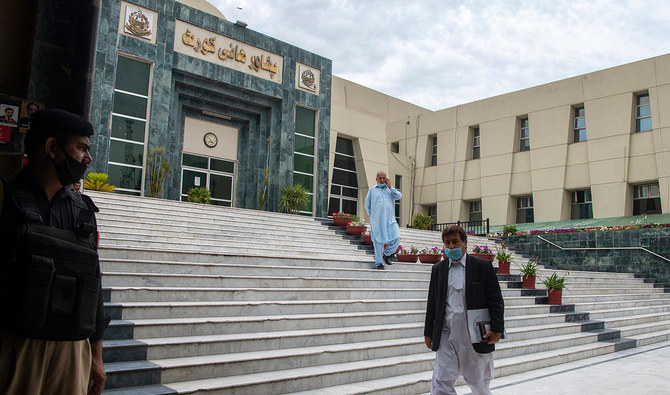A two-member bench of the Peshawar High Court, comprising Justice Naeem Anwar and Justice Dr. Khurshid Iqbal, ruled on 29 writ petitions challenging military court sentences. The court decided that sentences from military courts would only be effective once signed by the Field General Court Martial.
The petitioners’ lawyers argued that convicted individuals who had already served time in military custody should have it counted towards their sentence. However, the Additional Attorney General emphasized that under special laws, those convicted of terrorism are not entitled to the benefits of Section 382-B of the Cr.P.C., which allows for early release after serving part of a sentence. Section 382-B of the Code of Criminal Procedure (Cr. P.C.) mandates that courts, when sentencing a convicted person, must consider the period spent in custody before sentencing for the same offense. This is a palliative provision, ensuring a balance among different theories of punishment.
382-B. Period of detention to be considered while awardingsentenceof imprisonment. Where a Court decides to pass a sentenceof imprisonment on an accused for an offence, it shall take into consideration the period, if any, during which such accused was detained in custody for such offence.
The court further clarified that the sentences handed down by military courts are governed by special laws, and the civilian court’s role is limited to ensuring compliance with military court law. This ruling highlights concerns about the erosion of due process under civilian jurisdiction as civilians are tried under military jurisdiction in terrorism-related cases.

